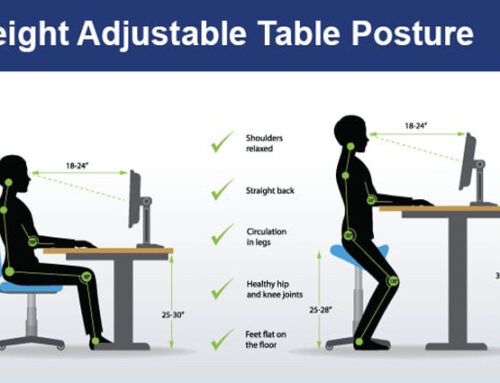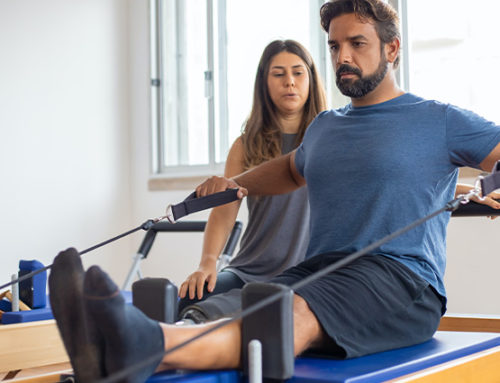In addition to the preparation we recommend below for appointments under “normal” circumstances, Cary Ortho is implementing several procedures to ensure patient safety in the current COVID-19 environment. We are asking all patients to come 5 to 10 minutes ahead of their appointment to have a quick temperature check. Please call to reschedule your appointment if you are feeling unwell. Learn more about what Cary Orthopaedics is doing to keep our patients and staff safe HERE.
Everyone wants to be able to move freely, and it’s essential not to let orthopaedic pain or limited motion hold you back from experiencing your best life. Think of your orthopaedic appointments as investments into your future. Your physician, physical therapist and other staff are a part of a team in moving you toward your goals. As in anything worthwhile, you must prepare for your time together. Communication is vital in treating your pain and making your visit more productive. Come fully prepared for your appointment, equipping yourself to receive the instruction and information you need for success. Consider these important guidelines in preparing for your orthopaedic appointment.
Bring documents
A few days before your appointment, make a checklist of all that you need to bring with you. These documents include medical records, copies of any x-rays or imaging and any lab tests. Each piece of information is vital in giving your physician a clear picture of your concerns. Collect these forms in a sturdy folder or binder that protects all of your records. As the day of your appointment nears, you will be relaxed and confident if you have everything that you need. Ask for copies to be made so that you can retain your originals and return them to a secure place for later reference.
Explain your pain
During your preparation, begin to journal or take note of all that you need to tell your doctor and members of your care team. Think of ways to accurately explain your pain to your doctor, including how long you have been experiencing the pain, where the pain radiates and where it extends, and what type of pain you are experiencing. Keep a small notebook with you and take note of your pain throughout the day. Don’t hold anything back. An honest, a complete assessment will allow your medical team to plan the best course of action. Consider asking those closest to you to help describe what they observe, also. They may remember incidents and descriptions that you do not.
Prepare your questions
The next step is one of the most vital: prepare to listen. Over the days leading up to your appointment, keep a list of questions that come to mind. Give yourself a focused brainstorming time to consider many points: what your treatment will look like, how long it will last, and what your options are. Jot down sample questions such as these:
- Are there foods or a special diet that may help me in my healing process?
- What are some helpful ways to adapt to my restrictions?
- Do you know of support groups or other ways that I may learn from others who have successfully dealt with my condition?
- Do you see any bad habits that are holding me back?
- What technology or treatments are currently being developed to help my condition?
Again, ask others close to you to help you prepare a productive and exhaustive list. You don’t want to leave this vital time to chance, as your mind will likely go blank when you are at the office.
Be ready for more
Because your doctor wants to see you heal and regain your mobility, you can anticipate a thorough examination and further testing. Come prepared for tests by wearing loose-fitting clothing and sturdy shoes. Call ahead to see if there are any other requests or eating restrictions. You want all your visits to be mutually beneficial for forward mobility.
Put the plan in action
Once you receive your marching orders, heed them. Be willing to try new suggestions and let go of habits that are holding you back. Record all the suggestions that your medical team make. Then put these goals in a format that you will easily see. You may type your goals out and mount them where you exercise or take your medication. Record your progress and consider rewarding yourself for meeting milestones such as a reduction in pain medication or walking a specified distance. Don’t forget to ask family members and loved ones to join you. Many want to see you recover fully and would be glad to become part of your support system.
Making your orthopaedic appointment
Every day is an opportunity to move toward the life you desire and deserve. Your orthopaedic appointments are an essential step toward meeting those goals. Plan to realize these goals by wisely preparing for your appointments, clearly communicating and fully listening. Then work your plan as you step into a stronger and more mobile future.
Our experienced orthopaedic specialists take a personal approach in treating patients, working to ensure the best outcomes for every one of their patients. Make an appointment today to learn more about how our practice can help you regain full mobility and live a pain-free life.






